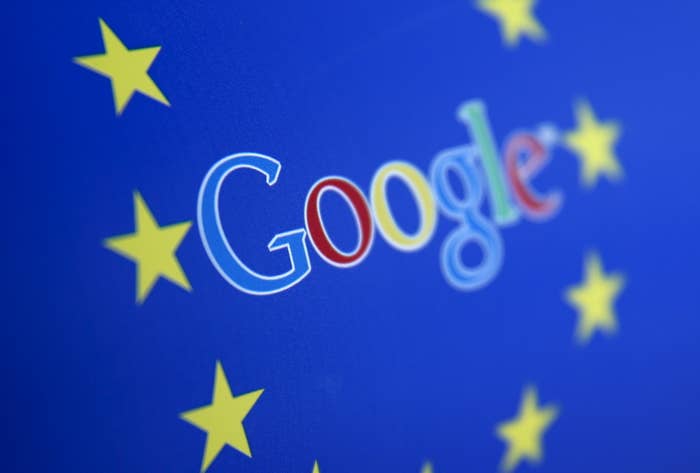
Thousands of multinational companies will be forced to reveal their tax arrangements with offshore havens under new rules set out by the European Union.
Those businesses banking at least €750 million (£600 million) from European operations must disclose exactly where they make profits and pay tax, on a country-by-country basis.
They will also need to reveal how much profit is made in tax havens that “do not respect good governance standards”.
The European Commission added: “Third-party jurisdictions which do not respect international tax good governance standards create particular opportunities for tax avoidance and tax evasion.”
EU officials had already been working on cracking down on tax avoidance, including several ongoing investigations into sweetheart tax arrangements with individual countries.
Member states currently lose between €50 billion (£40 billion) and €70 billion (£56 billion) in corporation tax, according to the commission, and officials want to claw some of that back by paying “particular attention to tax information relating” to tax havens.
Companies, including Apple, Google, Facebook, Starbucks, and Amazon, will have to reveal on a country-by-country basis the nature of their business, number of workers, total turnover, profit made before tax, income tax due, the amount of tax actually paid, and accumulated earnings.

Around 6,000 multinationals will be expected to reveal their tax affairs, and these will be available to the public for at least five years.
Any company that fails to comply could face heavy fines that would need to be “effective, proportionate, and dissuasive".
Valdis Dombrovskis, the commission's vice president responsible for the euro and social dialogue, said: “The fight against tax avoidance is a key priority of this commission. Close cooperation between tax authorities must go hand in hand with public transparency. By adopting this proposal, Europe is demonstrating its leadership in the fight against tax avoidance."
Commissioner Jonathan Hill said: "Our economies and societies depend on a tax system that's fair, a principle that applies both to individuals and to business. Yet today, by using complicated tax arrangements, some multinationals can pay nearly a third less tax than companies that only operate in one country.
“Our proposal to increase transparency will help make companies more accountable. It will promote fairer competition between companies regardless of their size.”
